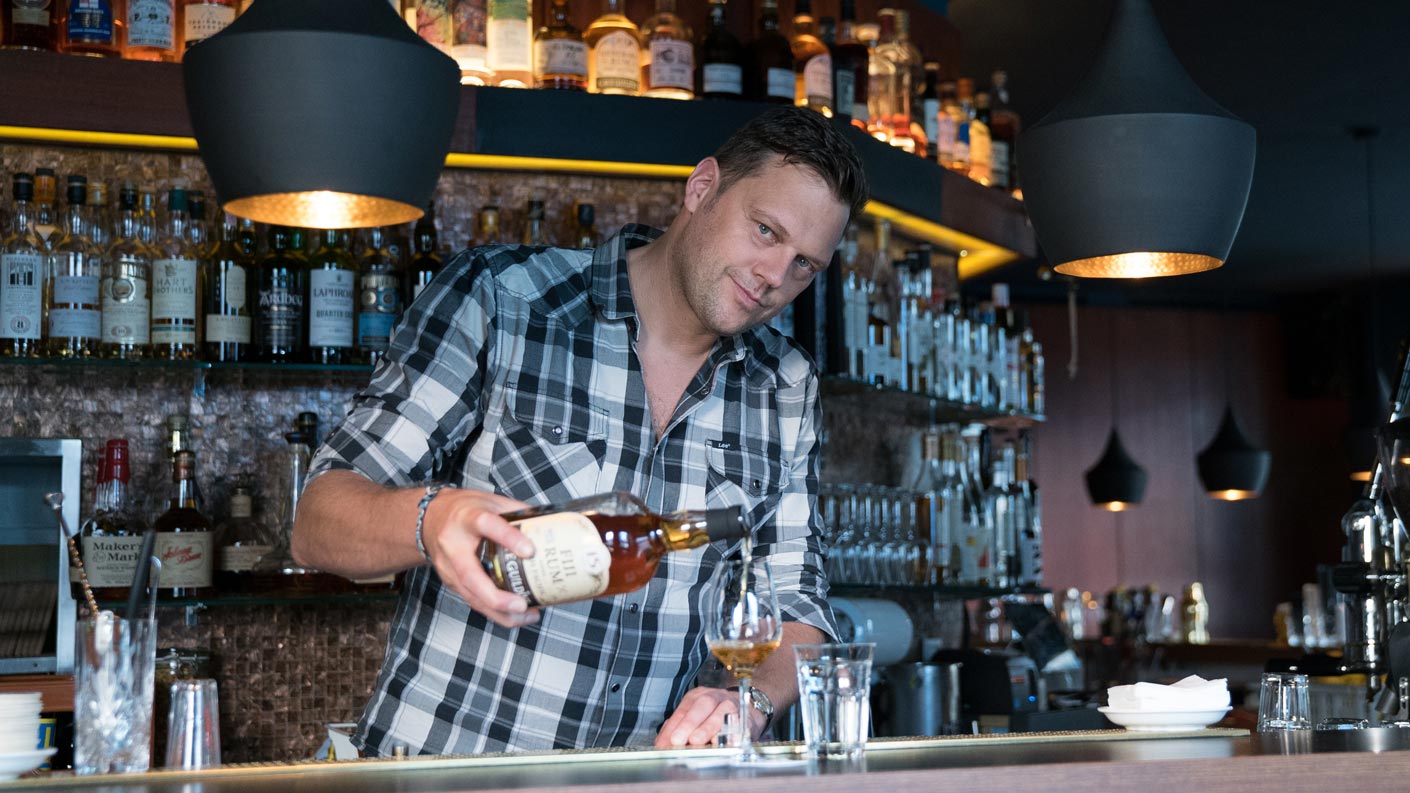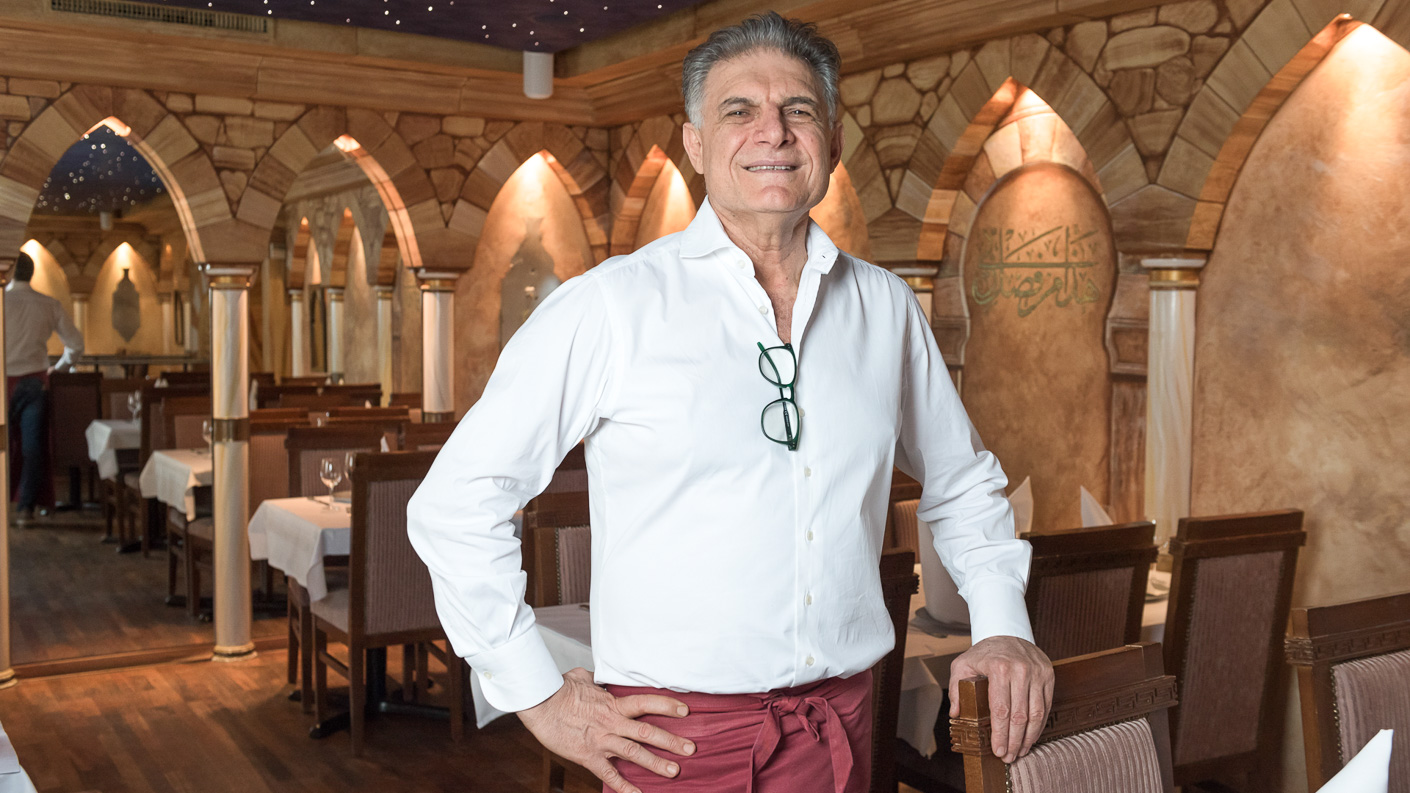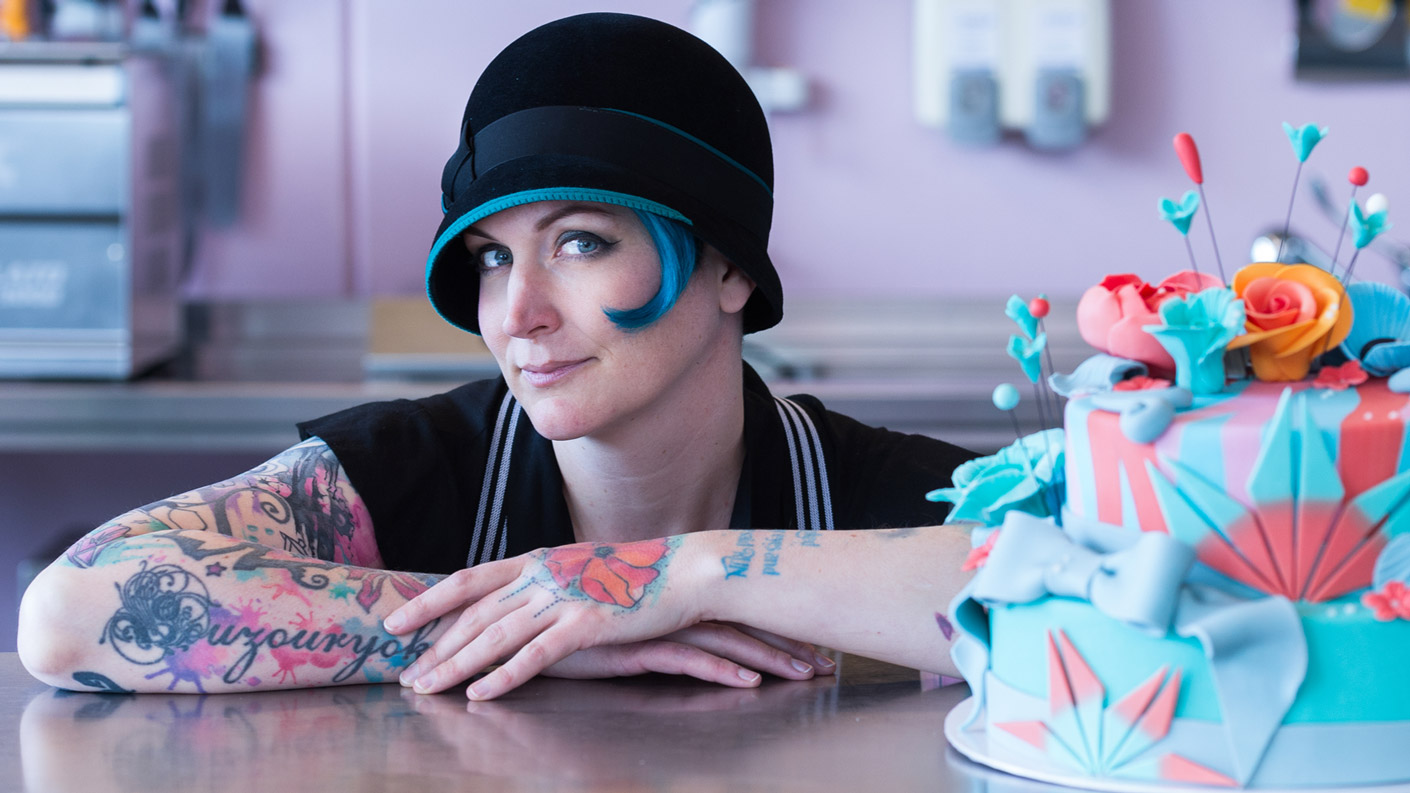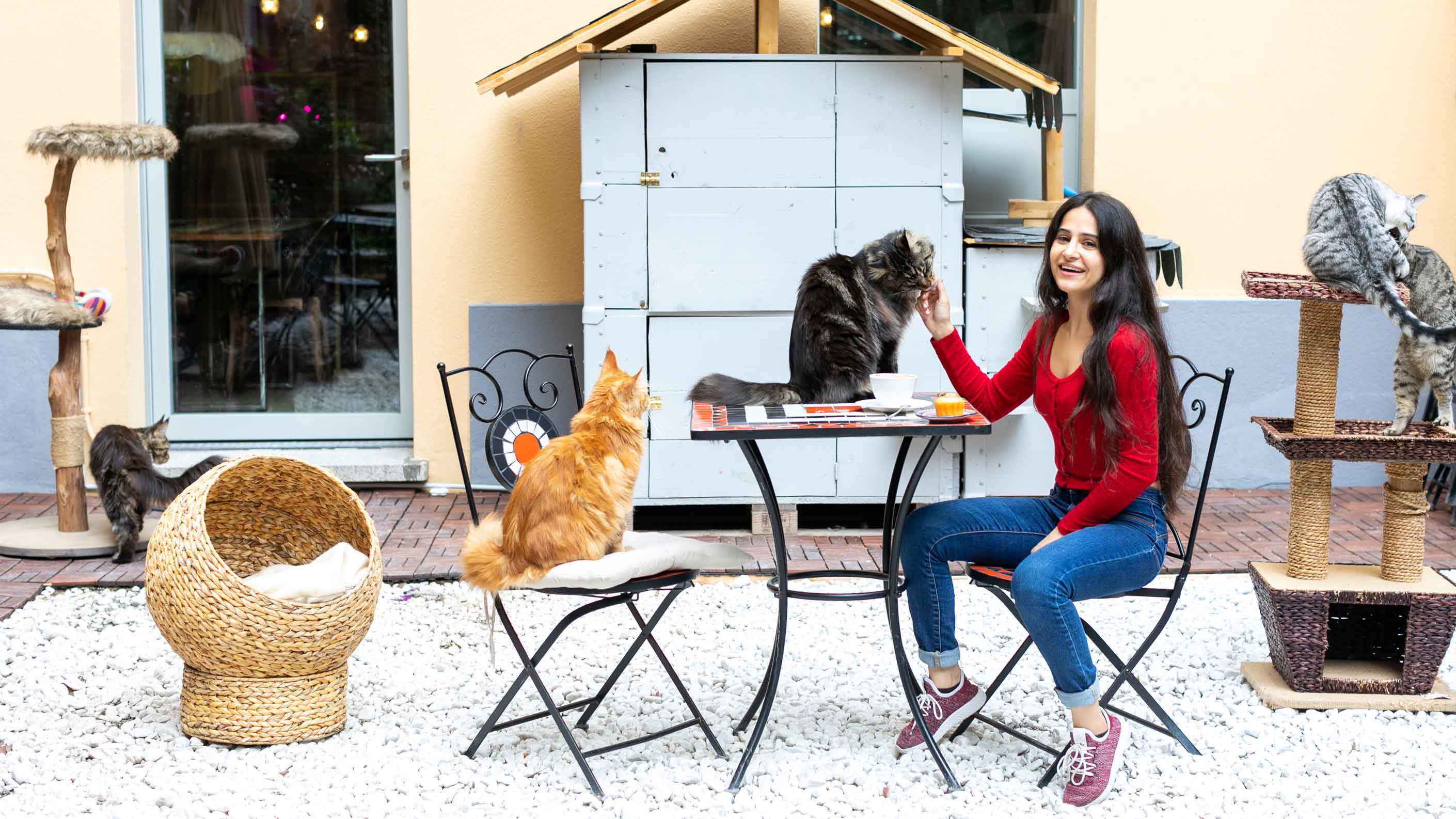‘You don’t have to be a master chef’
Nicole Giger describes her website Mags Frisch as a ‘food blog with a generous helping of literature’. The 33-year-old from Zurich has now published her first cookbook: in Ferrante, Frisch & Fenchelkraut [Ferrante, Frisch & Fennel] you will discover new recipes from all over the world – as well as plenty of stories. We spoke to Nicole about her book, blog and Max Frisch.
You named your blog after Max Frisch. What is it that you like so much about him?
He explored the major topics of life, prejudice, racism, ageing and death. I find that fascinating. And he was also from Zurich and a leftie – so we have that in common! Gastronomically speaking, he was known to frequent the Odeon and Kronenhalle, where he undoubtedly would have eaten Zürcher Geschnetzeltes, traditional sliced veal Zurich style. Given that he lived in Ticino towards the end of his life, I can imagine that he would have enjoyed polenta and red wine too.
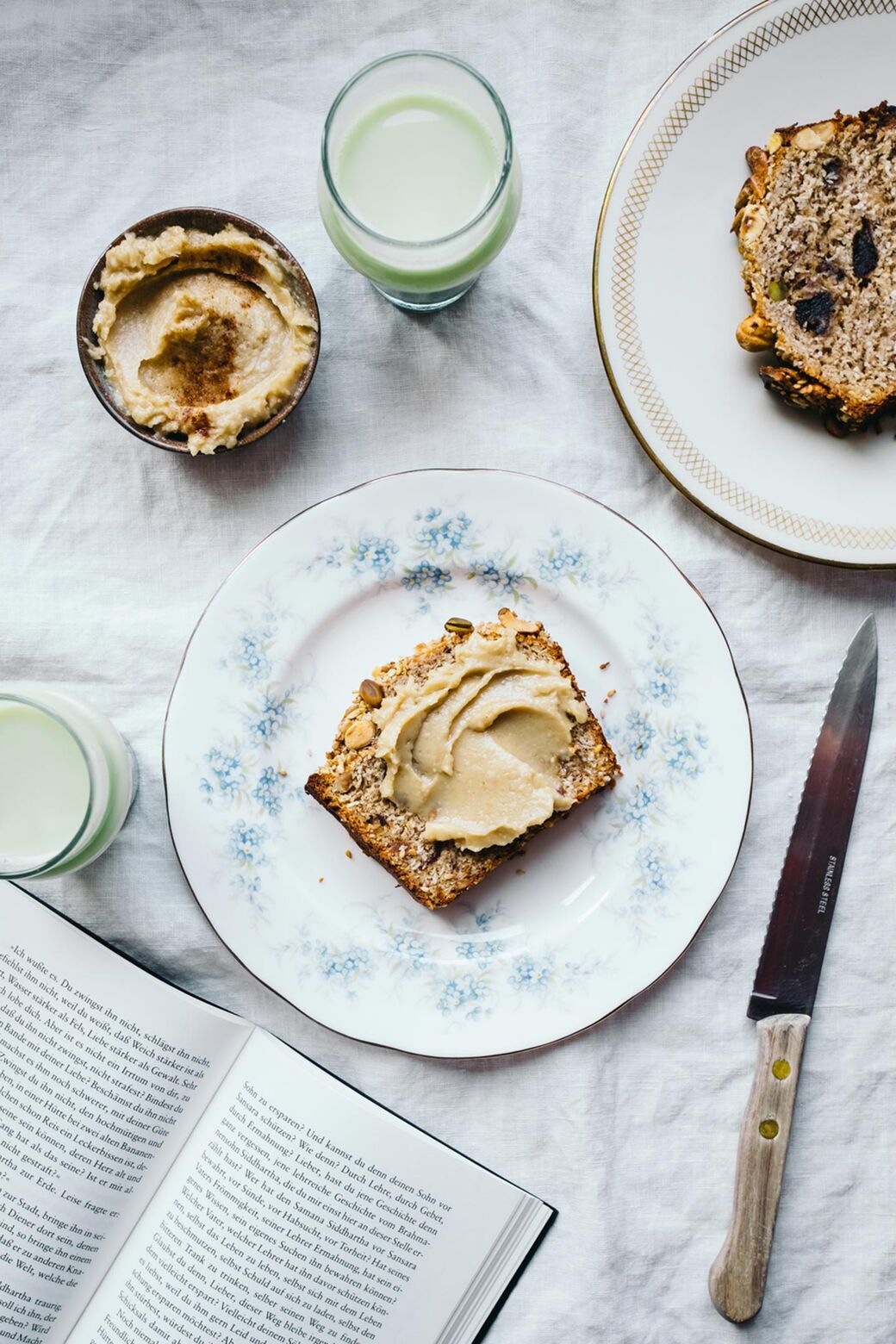
How did you come up with the idea for Mags Frisch?
Having spent a lot of time reading blogs and browsing Pinterest myself, I came to a point where I was ready to do something too. I wanted it to be a bit different from classic food blogs, however, as there were already many of those about, and there are even more nowadays. It was clear to me that the focus should be on the texts – I have a writing background and that is where I excel. Having said that, I’m also a pretty good self-taught photographer. I took the photos for the book myself.
Would you call yourself an influencer?
That’s a difficult question. I can’t give you a definitive answer. For example, one thing I almost never do is pose in pictures. I just don’t need to. But I do earn money from conventional influencer jobs. By that I mean I’ll highlight a product that features in one of my recipes and make it clear that it’s promotional content. However, if something doesn’t resonate with me, I’ll turn the job down. Having multiple income streams allows me to do that.
‘In my eyes, book writing has always been the ultimate discipline.’
Who is your literary food blog aimed at?
Everyone! You have to be interested in food, but you don’t have to be a master chef to read my blog, as it’s designed to be informative and entertaining too. With other blogs, a willingness to try out the recipes is more important than with mine, as they often make up most of the content.
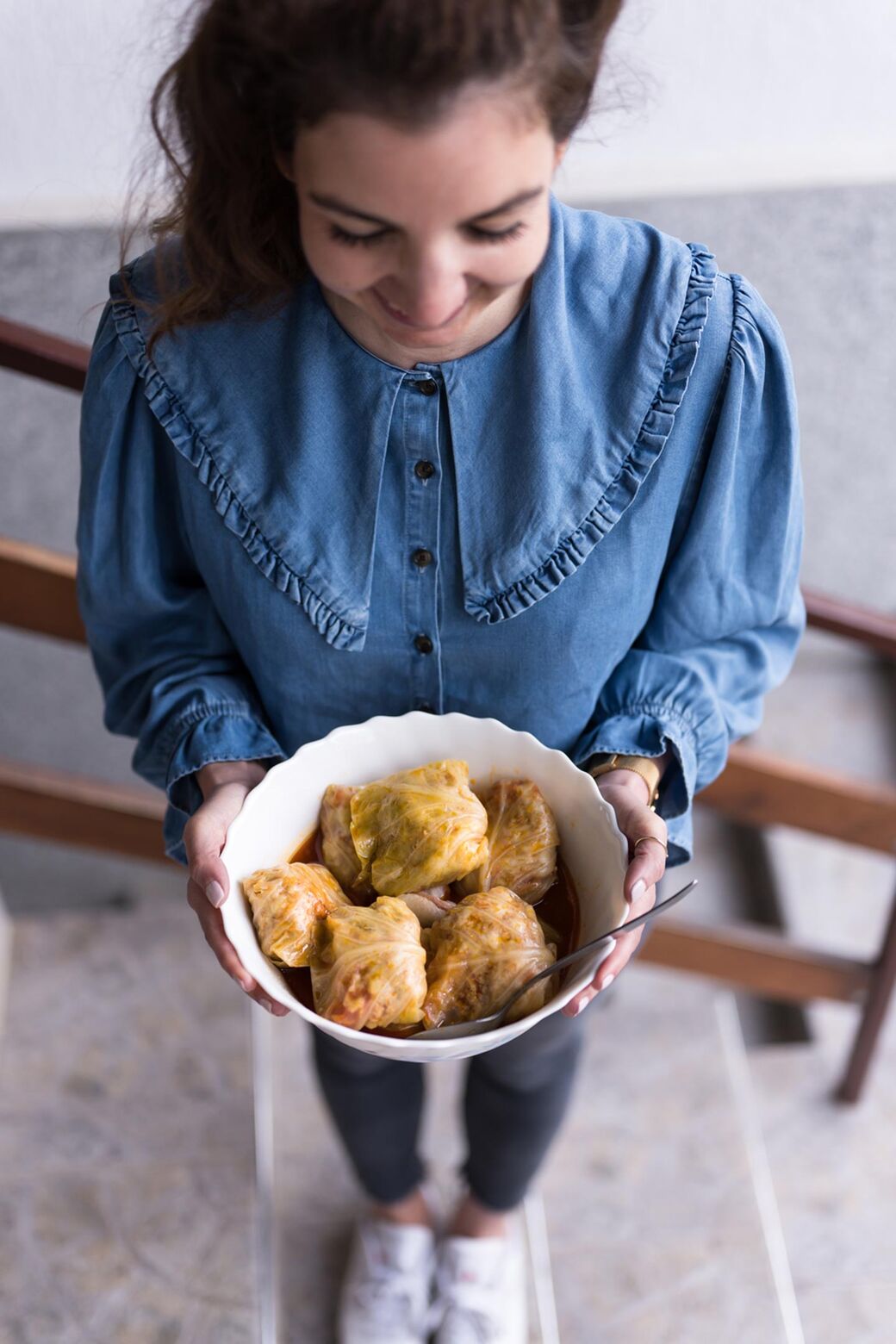
How did you go from blogging to writing a book?
In my eyes, book writing has always been the ultimate discipline. I studied German language and literature; I love reading, and to me, a book is something precious. I wouldn’t have ever thought of writing one myself, though. The publisher AT Verlag approached me with the idea, probably because I’m so comfortable in this niche between literature and cooking. And it wasn’t an opportunity I was going to pass up!
‘The book is for people who want to know more than how much flour goes into a cake.’
How is your book different from other cookbooks?
In the book, as with the blog, you won’t just find recipes, but stories inspired by them. This could include background information on far-off countries and cultures, on dishes and the ways in which they are prepared, or relevant literature. The book only features new recipes and texts, as I didn’t want to just reuse the content in my blog. It needs to offer something extra to loyal fans too.
Is the book also suitable for literature novices?
Definitely! The literature is accessible and very appealing, even if you’re not particularly well versed in the likes of Goethe. The book is primarily for people who want to know a bit more than how much flour and butter goes into their cakes. It’s ideal for anyone with an interest in food, other cultures and anecdotes from the world of literature.
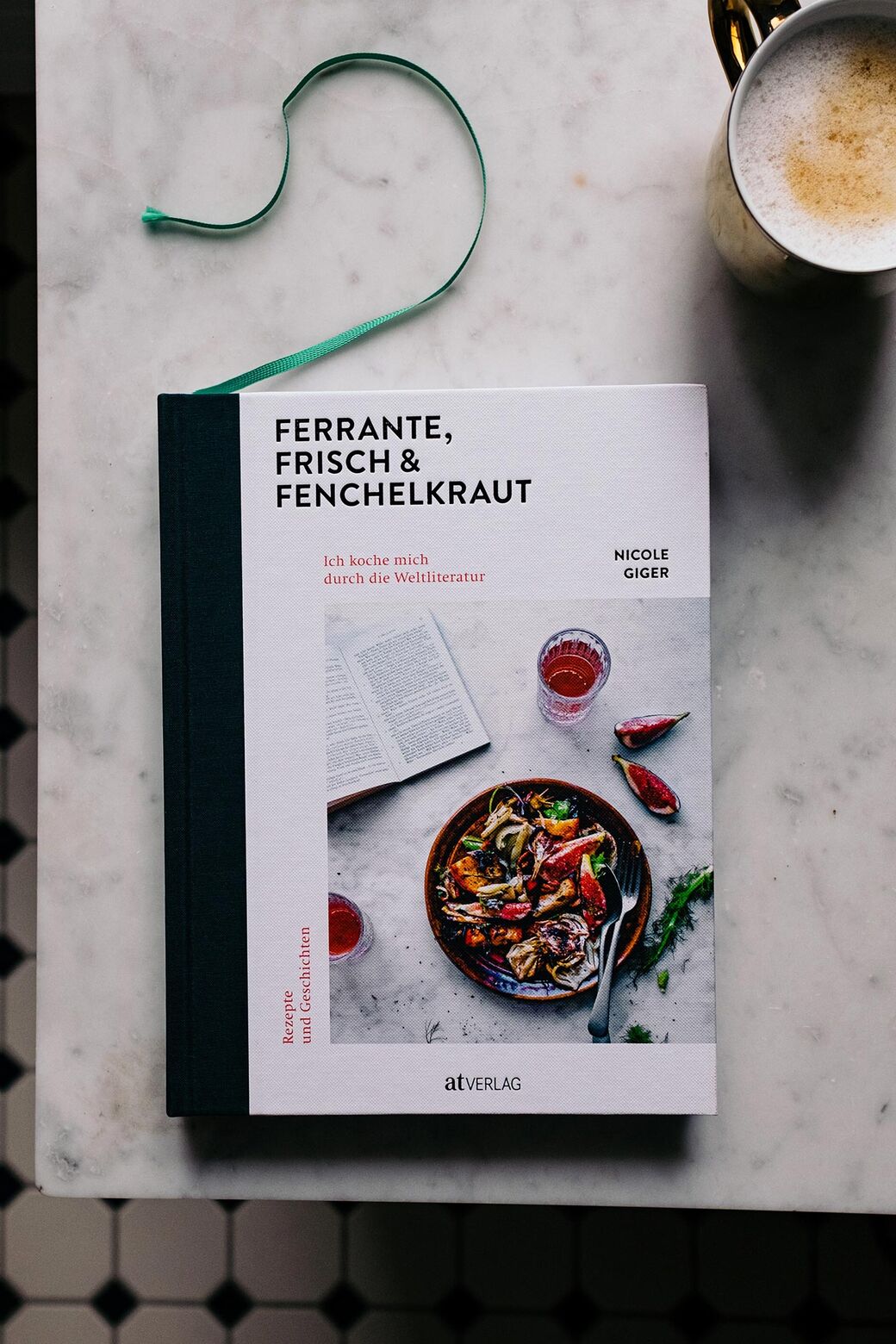
Published by AT Verlag, Ferrante, Frisch & Fenchelkraut is now available from all good Swiss bookshops.


